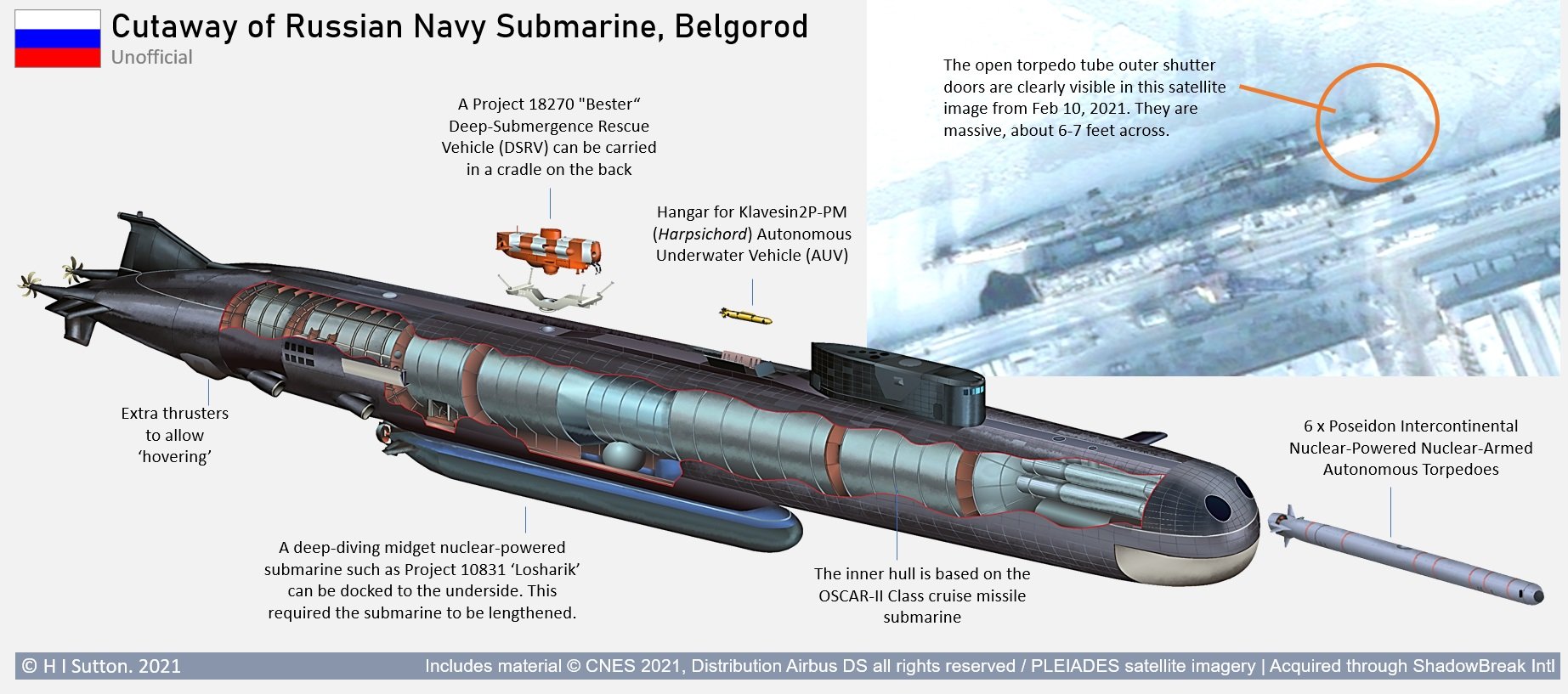

One recent proposal is for Russia simply to abandon the bilateral arms-control process with the United States and go its own way with a small, independent nuclear force. Some Russian strategists are beginning to look for an exit from the arms-race mentality of the Cold War, a way that would preserve Russia's membership in the nuclear club, perhaps even its Great Power status, but without the enormous drag on its resources. "Of course, we should all together decrease this nuclear danger. "All we have is the nuclear stick," said Lev Volkov, a prominent Russian military strategist. Office of Naval Intelligence, released under FOIA to Princeton Center for Energy and Environmental Studies Russian Submarine Patrols per Year, 1991-96 Norris and Joshua Handler, Natural Resources Defense Council, 1998. SOURCE: "Taking Stock, Worldwide Nuclear Deployments, 1998," by William Arkin, Robert S. Levels will be even lower if the Russian economy does not recover. These estimates for future years are based on interviews by The Washington Post with Russian and Western experts. The level of Russia's forces could change depending on the country's economy and how Russia decides to structure its forces. Russia also has dropped its pledge not to be the first to use nuclear weapons. President Boris Yeltsin recently signed a new national security doctrine that enshrines this idea. For Russia, the decline has raised painful dilemmas about its place in the world, underscoring yet again the erosion of its superpower status.Īt the same time, while the nuclear shield is shrinking, Russian leaders have decided to rely on the deterrent power of the nuclear weapons more than ever - to compensate for their even weaker and more chaotic conventional forces.

This slide has enormous implications for Russia and the West that are only now beginning to emerge. Ten years from now, if current economic trends continue, Russia may have a strategic nuclear force just larger than that of China, and somewhat larger than Britain's and France's combined. Regardless of whether the United States and Russia move ahead on bilateral arms-control treaties, a decade from now Russia's forces will be less than one-tenth the size they were at the peak of Soviet power, according to estimates prepared in Russia and in the West. MOSCOW Russia's strategic forces, the vast phalanx of nuclear-armed submarines, bombers and intercontinental ballistic missiles built during the Cold War by the Soviet Union, are suffering a dramatic decline because of arms control treaties, the Soviet breakup, looming obsolescence and Russia's economic depression.
#Russian submarine 160 nukes series
Second in a series of occasional articles Part III: Russia's Missile Defenses Eroding.


 0 kommentar(er)
0 kommentar(er)
